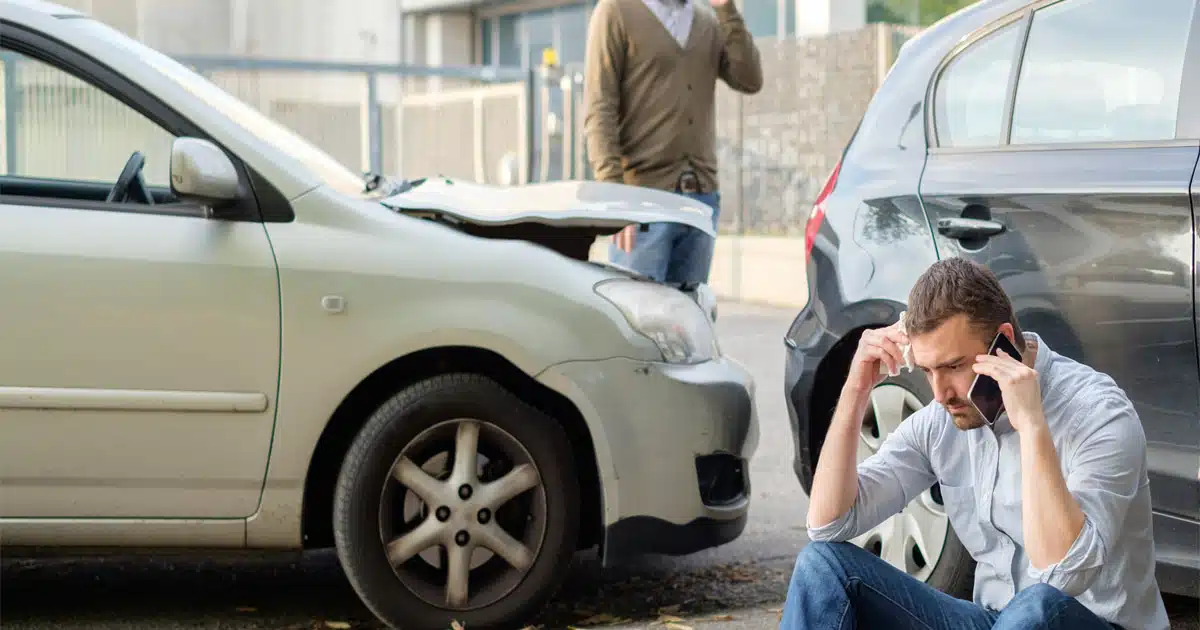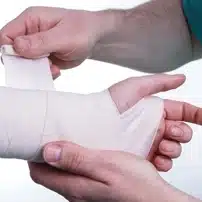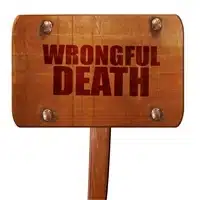Despite all the major strides made in recent years with road and vehicle safety, car accidents are still common. Delaware certainly sees its share of accidents, with an estimated 26,000 crashes per year with more than 8,500 people injured in those crashes.
No single crash is the same as the other, including how accident victims are compensated for their injuries and property damage. Although the majority of accident cases end in settlements with the insurance company, there are those occasions when a car accident has to be settled in court:
- Before filing a lawsuit: Before filing a lawsuit, you must first understand the pros and cons of taking your accident case to court. Because settlements are not as costly as going to court, which would include court and attorney costs, both parties will likely work to come to an agreement to avoid a lawsuit. If the parties cannot come to an agreement, or the insurance company does not respond to meet a customer’s needs, then filing a lawsuit is the only logical next step.
- Hiring an attorney: Before officially filing a lawsuit, you need to hire an attorney to represent you. You do have the option to represent yourself, but doing so is not recommended, considering you are likely up against attorneys who have been trained in these types of cases. You will want to have an experienced attorney on your side; this can also help you get the best compensation possible.
- Filing the lawsuit: Your attorney then files a formal legal complaint which identifies all the parties involved and legal claims. This is then served to the defendant, who will have a certain amount of time to answer according to your state.
- Trial: A trial will then begin where you must present your case and your side of the accident, and the defendant will have a chance to present theirs. Generally, a jury will decide whether or not the defendant should be held legally responsible for damages you incurred.
Stages of the Trial
- A jury is selected depending on their answers to questions offered by the judge as to avoid any prejudices.
- Opening statements are then given, where the facts in the case as well as each side’s arguments are presented to the jury.
- This is followed by witness testimonies and evidence is given to the jury. Attorneys can question each witness at this point.
- Closing arguments are given by each side, hoping to convince the jury to side with them.
- The judge will then give the jury instructions on how to reach their decision, who then will deliberate on that decision. There is no time limit for a jury to reach a decision. Once a decision is reached, the jury then notifies the judge. The verdict is then read to both parties in the court.
Car Accidents in Delaware
If you should find yourself in a car accident, take the following steps to ensure your safety and gather evidence for insurance and any legal counsel you may need following the accident.
- Stop and call 911: You are legally required to stop near the accident scene. After stopping, check on everyone involved and make sure everyone is okay. Then call 911 and report the accident, and let the dispatcher know your location and if there are any injuries.
- Police: The police will likely come to the accident scene, especially if an injury occurred, and write a police report. Be sure to get a copy.
- Injuries: If you suffered an injury, seek medical treatment right away. However, even if you do not feel injured, still seek medical treatment because many soft tissue symptoms, or brain injuries, can manifest hours if not days after the accident. Not getting medical help can hinder an insurance claim if not done sooner than later.
- Get evidence: Be sure to get the other driver’s contact information including insurance, name, and address. If you are able, gather evidence of the accident; photos and videos of the scene are crucial to an insurance claim, as well as photos of the damage to the vehicles. If there are any witnesses, get their account and their contact information as well.
- Notify insurance: You want to tell your insurance company as soon as you are able. Delaying can cause problems with your claim, as well as your coverage.
If you get into a car accident in Delaware, it is important to know how the accident laws work. Delaware is a no-fault insurance state, meaning that if you get into an accident, you use your own insurance company to cover your injuries, property damage, and expenses. You use your own insurance coverage regardless of who is liable for the accident. Only if you were seriously injured would you have to go to court, or your insurance settlement does not cover all your losses. In Delaware, you are required to carry no-fault insurance, as well as liability insurance with these minimums:
- Bodily injury protection: $15,000 per person and per accident, as well as $30,000 per accident.
- $10,000 per accident for property damage
- Personal Injury Protection (PIP), also known as no-fault insurance, $15,000 per person and per accident. Also, $30,000 per accident.
You are legally required to report any accident in Delaware, even if the only damage done was to your own car. Failing to do so will likely lead to a fine. However, you will be charged a misdemeanor if you fail to report a car accident that resulted in an injury to a person. It is a felony if you do not report an accident that led to someone’s death.
Before a lawsuit goes to trial in Delaware, it must first go through compulsory alternative dispute resolution (ADR). During mediation, if an agreement is made between the two parties, then the arbitrator must notify the court within five days. A settlement can always be reached as long as the jury has not returned with a verdict, and it can come in two forms: a lump sum, or a structured settlement which spans many years. Furthermore, the statute of limitations to file a lawsuit, either for property damage or personal injury, is two years from the date of the accident.
Delaware has a comparative fault negligence system. This means that a plaintiff can recover compensation for their damages as long as they do not bear more responsibility for the accident than the defendant. For instance, if the jury awards $100,000 in damages, but the plaintiff is found to be 25 percent at fault for the accident, then they may only collect $75,000. If the plaintiff is found to be over 50 percent responsible for the accident, then they may not collect any compensation.
The Wilmington Car Accident Lawyers at Rhoades & Morrow Help Car Accident Victims Recover Compensation
The more complex are car accident claim becomes, the more you will need legal guidance, especially if you need to file a lawsuit. Contact our experienced Wilmington car accident lawyers at Rhoades & Morrow today. Our knowledgeable team has years of experience with cases like this and can help you recover the compensation you deserve. Call us today at 302-600-1107 or fill out our online form for a free consultation. With offices in all three counties of Delaware, we service clients throughout the state.





